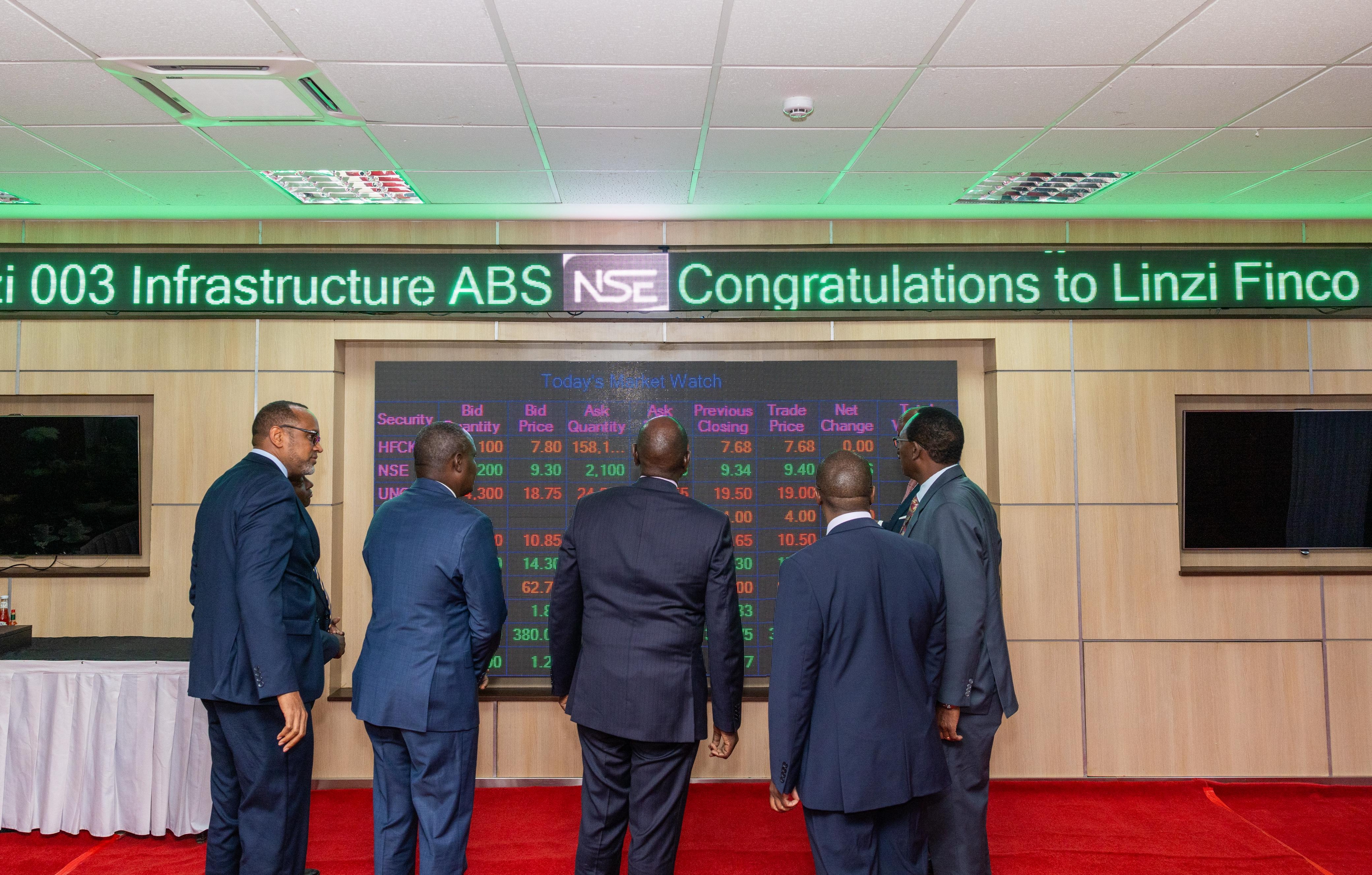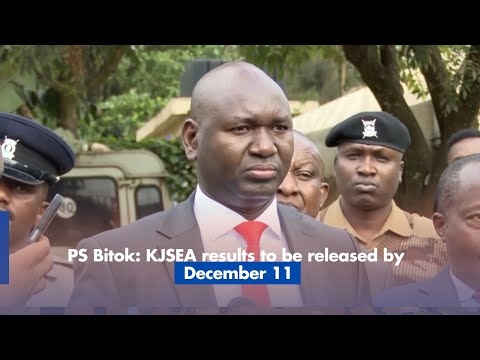Agriculture experts want national and county governments to empower groups at the grassroots level to adopt smart agricultural practices that can receive funding from non-state actors.
The experts said policies supported by senior officials do not cascade adequately to the grassroots.
They included Peter Odhengo who is in charge of development partners liaison at the National Treasury, Paul Gamba who heads the department of Agricultural economic and agribusiness at Egerton University and Maritu Kamara, country’s head of International Funds for Agricultural Development.
The three were part of a high-level panel during the launch of the Food and Agriculture Organisation country programming framework for Kenya that will be implemented in 2022 to 2026.
Odhengo announced that National Treasury had received a substantial amount of funds for which 44 counties have been selected to receive.
He said the money will be channelled to the grassroots through organised farming groups.
He said his seniors will announce the specific figures when they are due for disbursement.
“We have to tailor the local farmers to think about climate-smart agriculture in terms of adaptation. Currently, much effort is needed to revolutionise our thinking when it comes to farming,” Odhengo said.
He said there is enough money from development partners for projects that get cascaded to the village level so that the concept of smart agriculture is adopted and adequately implemented.
Smart farming refers to managing farms using modern information and communication technologies to increase the quantity and quality of products.
It includes the use of drones, artificial intelligence, big data, satellites and others.
Gamba said there is a huge gap between research output from universities and other research institutions on one hand and implementation on the other.
He gave an example of his involvement in a GoK-IGAD-funded project in 2012 dubbed Ending Drought Emergencies which produced strategies for ending severe droughts in the country but which have not been adequately implemented.
“I’m ashamed for having been involved in the ending drought project and produced various policy proposals but this has not been implemented. Just this year, we have seen a historical drought,” he said.
The lecturer said that it was from that project that the National Drought Management Authority got formed but other substantive interventions have been ignored.
Gamba said that the county government should devolve the food production and nutrition policies to the village level.
Mariatu Kamara, a representative from IFAD said that the agency was a financial institution and at the same time a UN body was fitting its strategies to those of the national government and that there was a need to reach the most vulnerable against climate adversity.
She said they have up to half a billion dollars in their portfolio to support smart farming in Kenya.













